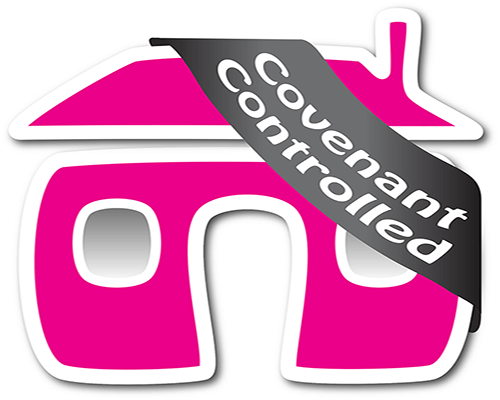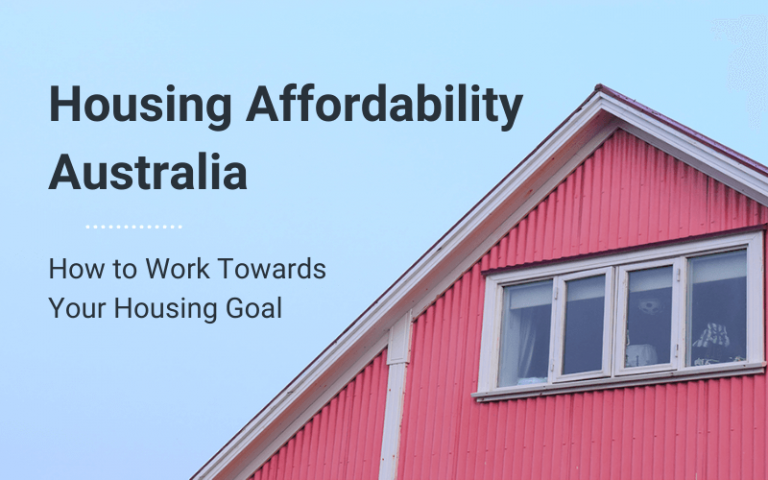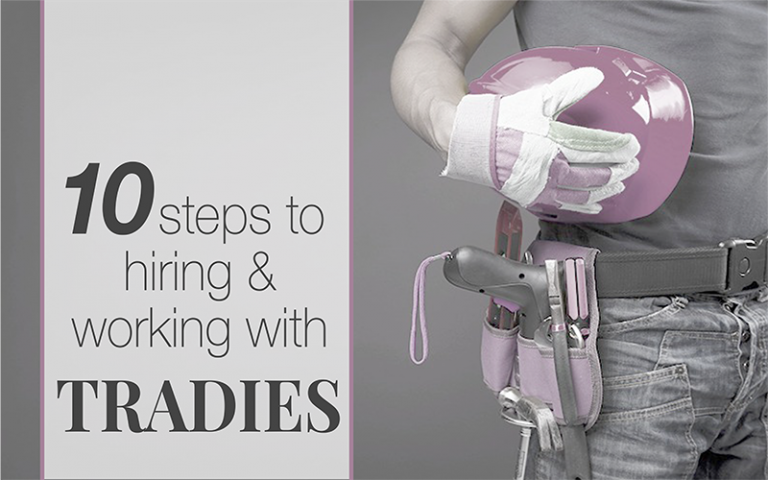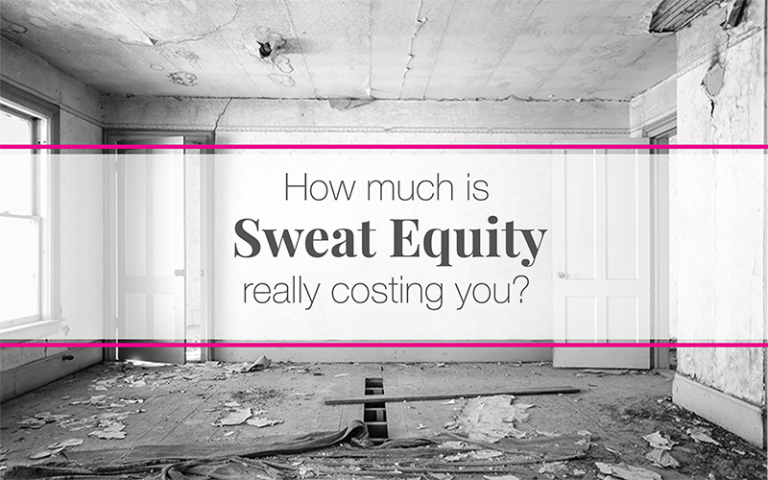Property covenants are a little known and talked about issue that can affect your property or building project. You may be looking to build the home of your dreams or buy an existing home with grand plans to change it to suit your needs, but if there is covenants in place, then they may hinder your grand plans.
Here are some of the common property covenant questions answered:
What are property covenants?
Covenants (also know as land covenants, estate covenants, restrictive covenants, building covenants or development control by-laws) are guidelines and/or restrictions placed over a property. They are basically rules that you must abide to when building or altering a property.
Are property covenants the same as the building codes?
No, the building codes are set by the Australian Government. Your dwelling must comply with the building codes in order for it to be signed off as habitable. property covenants are guidelines put in place by the developer of the land, which you agree to abide by.
Why are covenants put in place?
Covenants are imposed to set a standard of building within a development. It is basically setting the tone for the estate or development ensuring that all houses are built to a similar quality.
When do covenants come into effect?
The property covenants are incorporated into the purchase contract of a house or land. When you sign the contract to purchase the property or land, you are signing to agree to abide by the covenants in place for that property.
What do covenants cover?
Property Covenants can cover a wide range of elements that affect your build. These are generally only external elements. Some covenant controls can be fairly straight forward while others can be more complex. Some elements that covenants can control include:
- The size of the dwelling
- The amount of cut and fill
- The energy rating of the dwelling
- Type of external materials used (such as brick, timber, cladding or metal sheeting)
- Colours used externally
- Articulation (how much the external walls and roof steps in, out, up or down)
- The location of ancillary structures (clotheslines, air con units, bins etc)
- Landscaping
- Location and size of the driveway
- Location and size of external living areas
- Privacy control
What don’t covenants cover?
Property covenants generally only cover external elements, dwelling size and sustainability elements. If you want bright red internal walls and a bath in the shape of a swan, as long as it’s not specified in the property covenant, then go for it!
How long do covenants last and who enforces them?
It is the responsibility of the developer to monitor and enforce the property covenants they have set in place, and they last as long as the developer enforces them or up to 10 years. The responsibility of monitoring and enforcing covenants and by-laws can often be passed along to a body corporate to monitor and enforce the after the initial covenant period has expired.
How do covenants directly affect me?
If you have purchased within a covenant controlled area or are planning to build within a new development that has property covenants in place, then you are restricted to what you can and cannot do with your property based on the covenant guidelines. While this can be annoying if what you want to achieve does not meet the guidelines, it can also provide you with assurance that the properties around you will also be built to the same standard. Your neighbours are also restricted by these guidelines.
If you have invested considerable time, effort and money building a top quality home, the last thing you want is your neighbour banging up a low budget, minimal effort light weight structure that instantly devalues your property.
Do covenants still apply on resale?
This is a bit of a grey area. If the property covenants are still enforced by the developer and the new land owner is aware of the covenants then they will likely need to abide by them. In cases such as these, there is often a community scheme or body corporate set up to oversee the covenants.
However, if the new owner is not made aware of the covenants and they have not specifically agreed to abide by the covenants, then there may be an argument that they do not need to comply. If you are not sure, then it’s best to speak with a lawyer.
Where do I find out if there are property covenants on my property?
The developer or land reseller will have copies of the covenants, or your solicitor will usually pick up if there are covenants in place when they do their initial checks and searches. The covenants will form part of your sale contract.
Until next time…
![]()
Chicks and Mortar – Property Smart Women
Save
Save












